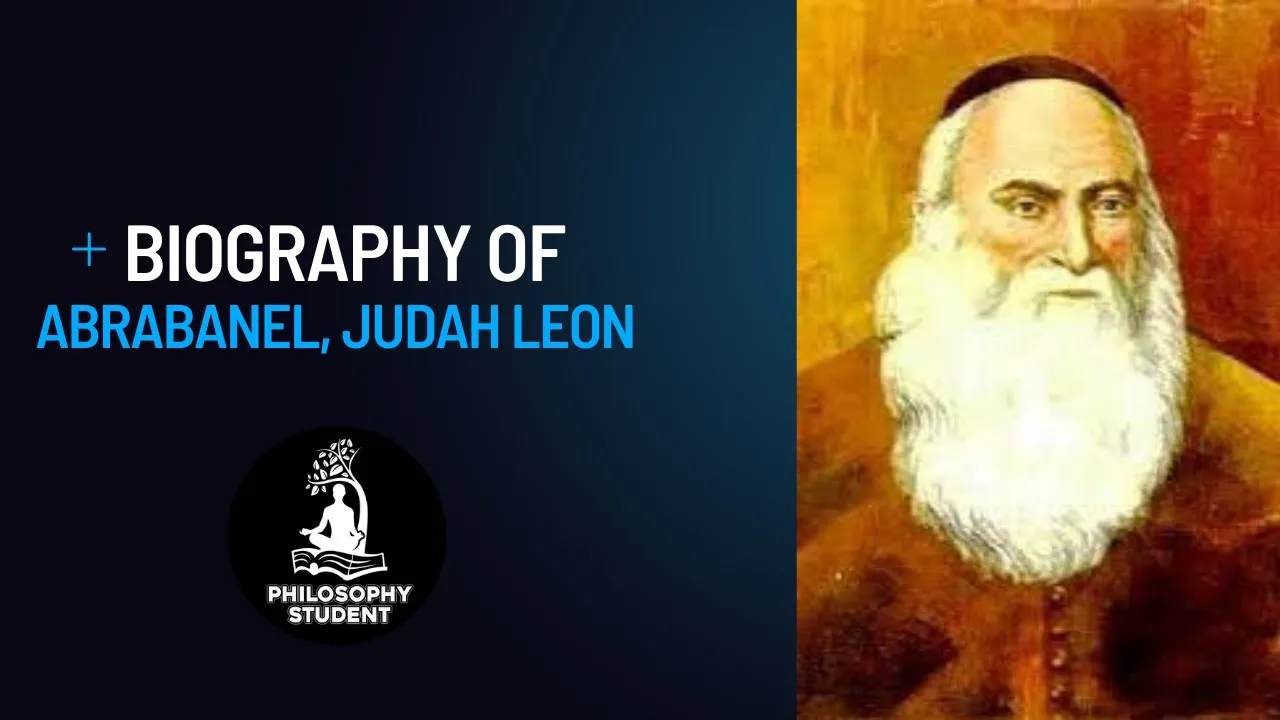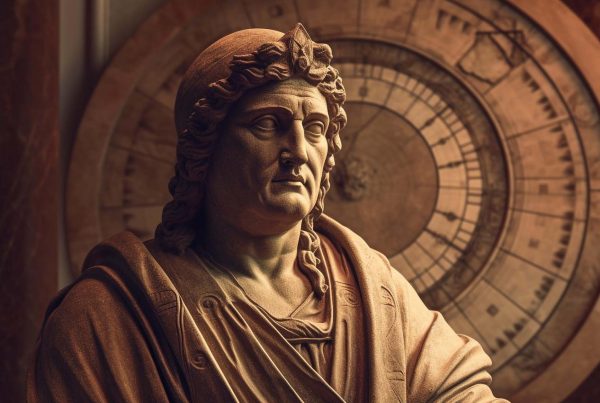Judah Leon Abrabanel, also known as Leone Ebreo (Leo the Hebrew), was born in Lisbon, Portugal, between 1460 and 1470. His only surviving major work is Dialoghi d’amore (“Dialogues of Love”), consisting of three dialogues between Philo (meaning “love” or “appetite”) and Sophia (“wisdom” or “science”). The book seeks to define love in philosophical terms and, in effect, defines philosophy as a dialectic between love/appetite and wisdom/science—that is, philosophia. The synthesis of the two is developed in the third and longest of the dialogues, in which God’s love is shown to encompass all of existence and is responsible for the cohesion of the universe.
Judah Abrabanel was the firstborn of the philosopher Isaac Abrabanel (1437–1508). His father saw to it that Judah received a thorough education in Jewish wisdom and other subjects in the medieval Arabo Judaic tradition of Maimonides and Averroes. He also benefitted from knowledge of Italian Renaissance humanism.
Judah became a physician and served in the royal court until 1483, when his father, Isaac, was caught up in a political conspiracy against King John (Joao) II. Judah fled with his father and the rest of his family to Seville. There, Isaac found employment in the court of Ferdinand and Isabella as a financial advisor, but he ultimately chose expulsion from Spain in 1492 rather than convert to Catholicism. Naples offered asylum to many of Spain’s Jewish exiles, including Judah and his father. In 1495, however, when France took possession of Naples, Judah was again forced into flight, settling first in Genoa, then Barletta, and finally Venice.
In 1501, the French lost control of Naples, whose viceroy, Fernandez de Córdoba, invited Judah back to the court as his personal physician. He likely died here sometime after 1521, perhaps in the 1530s.




































